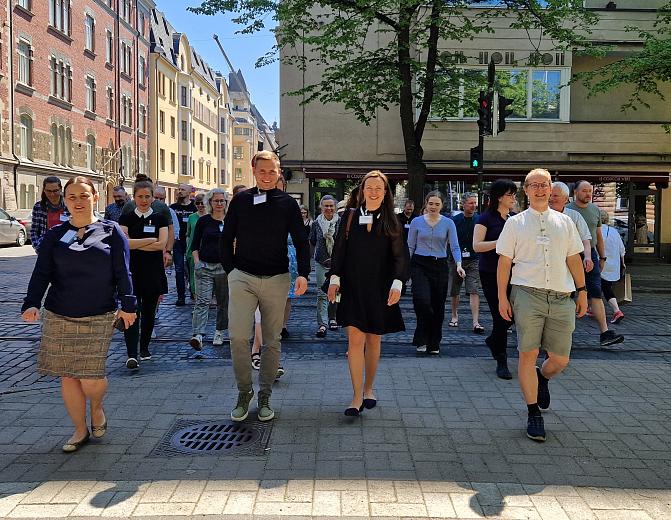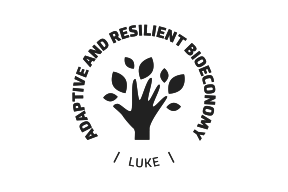Precilience: developing precise solutions for climate resilience in agriculture and forestry across European boreal region
Precilience is a new €10 million Horizon Europe project that will develop precision solutions with farmers, foresters, landowners, and other actors to increase climate resilience in the boreal regions of Denmark, Estonia, Finland, Norway and Sweden. The project is coordinated by the Natural Resources Institutes of Finland (Luke).
Climate change affects boreal regions and their communities severely because these areas are warming three times faster than the global average.
"Farmers and forest owners face significant challenges in responding to these changing conditions, creating an urgent need for tried-and-tested solutions to help them adapt and prepare for a sustainable future. Precilience aims to achieve exactly that: precise solutions that increase the climate resilience of the agriculture and forestry that our societies depend on”, says Petteri Karisto, Precilience coordinator and Research Scientist at Luke.

Demos in Finland, Denmark, Estonia, Norway and Sweden
Precilience will work on bridging the gap between science and targeted, practical implementation by local actors through collaboration. Project outputs will be co-developed with stakeholders, resulting in real-world solutions developed by those who will use and benefit from them. The project aims to expand the use of locally implemented solutions to other suitable regions by demonstrating their suitability in a real production environment.
Solutions will be developed and tested in eleven focal and four replicating regions across the boreal region of Europe, working closely with organisations in Finland, Denmark, Estonia, Norway and Sweden.
In Finland, the main priorities are forest management and crop diversification. A good example of Finnish dissemination of local expertise is the use of soil improvers, which is being exported to Estonia in this project," says Karisto.
Topics being explored by the project include:
- Co-creating adaptation strategies
- Diversifying agricultural production
- Sustainable water management and recycling
- Soil function enhancement
- Assessing vulnerable forest types
- Innovative forest regeneration in drought-prone sites
- Closer-to-nature forest management
- Using climate-considerate tree material to replant forests.
Research and business cooperation
Project involves a partnership of 16 organisations: Natural Resources Institute Finland (Luke), Aarhus University, Norwegian Institute of Bioeconomy Research (NIBIO), Estonian University of Life Sciences, Luontoa, Oppla, Swedish University of Agricultural Sciences, Technical University of Munich, Swedish Meteorological and Hydrological Institute, Skogkurs Forestry Extension Institute Norway, Østfold County Council, Indre Østfold Municipality, SEGES Innovation, Soil Protection Estonia, Eesti Erametsaliit and Riigimetsa Majandamise Keskus (Estonia).
The project will also involve others to participate, mentor and share information to increase its impact.
"Precilience is a great opportunity to put science into practice and strengthen cooperation between the experts in primary production in Northern Europe," concludes Karisto.





